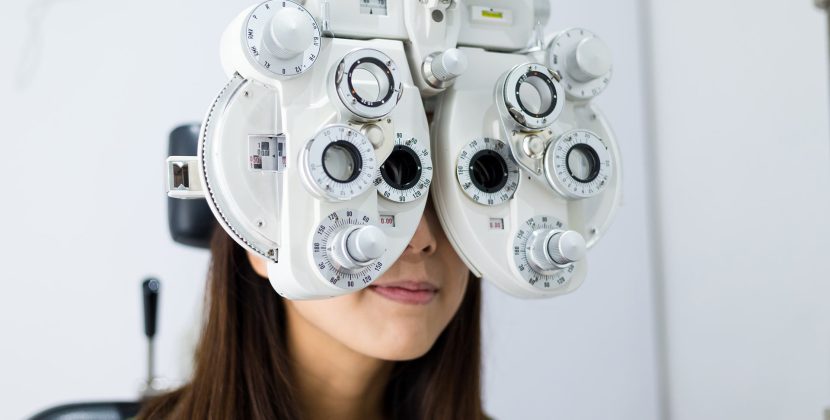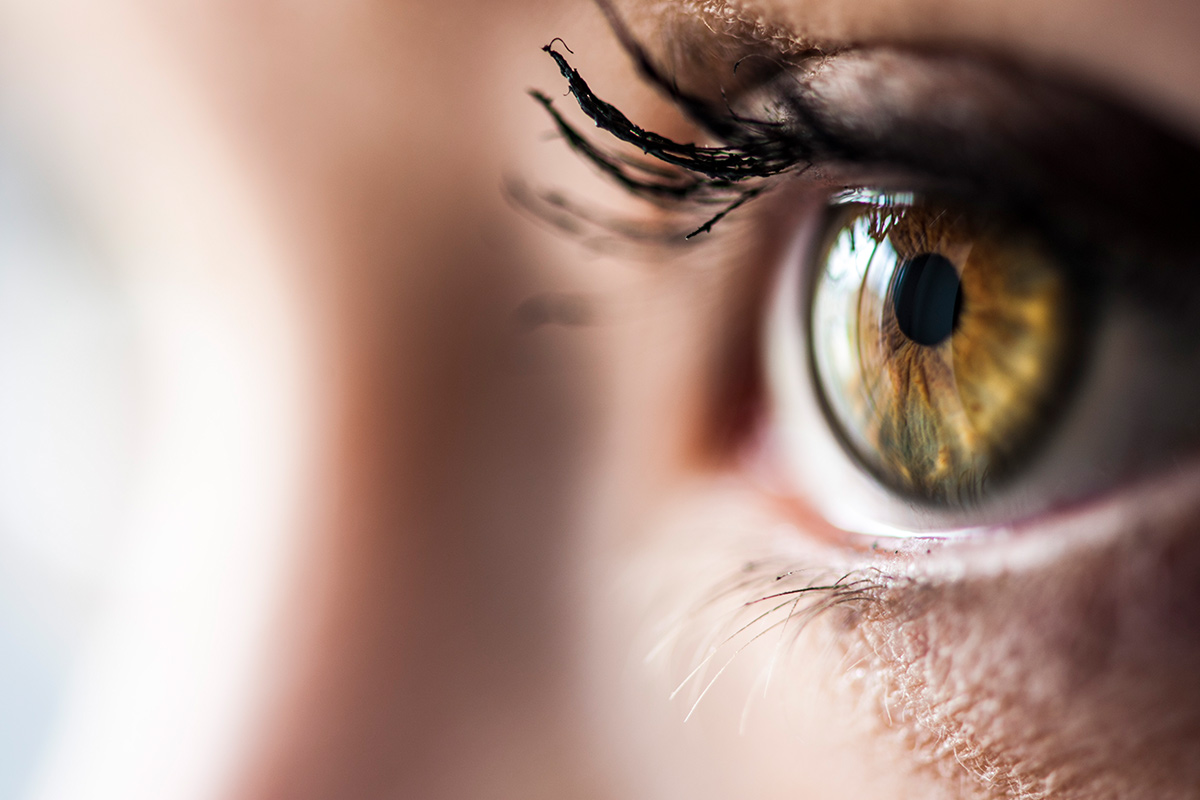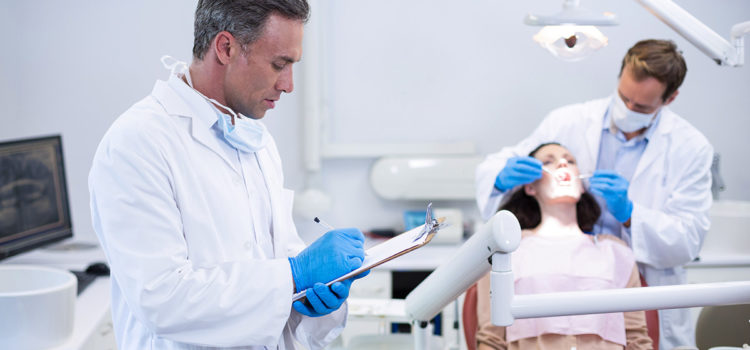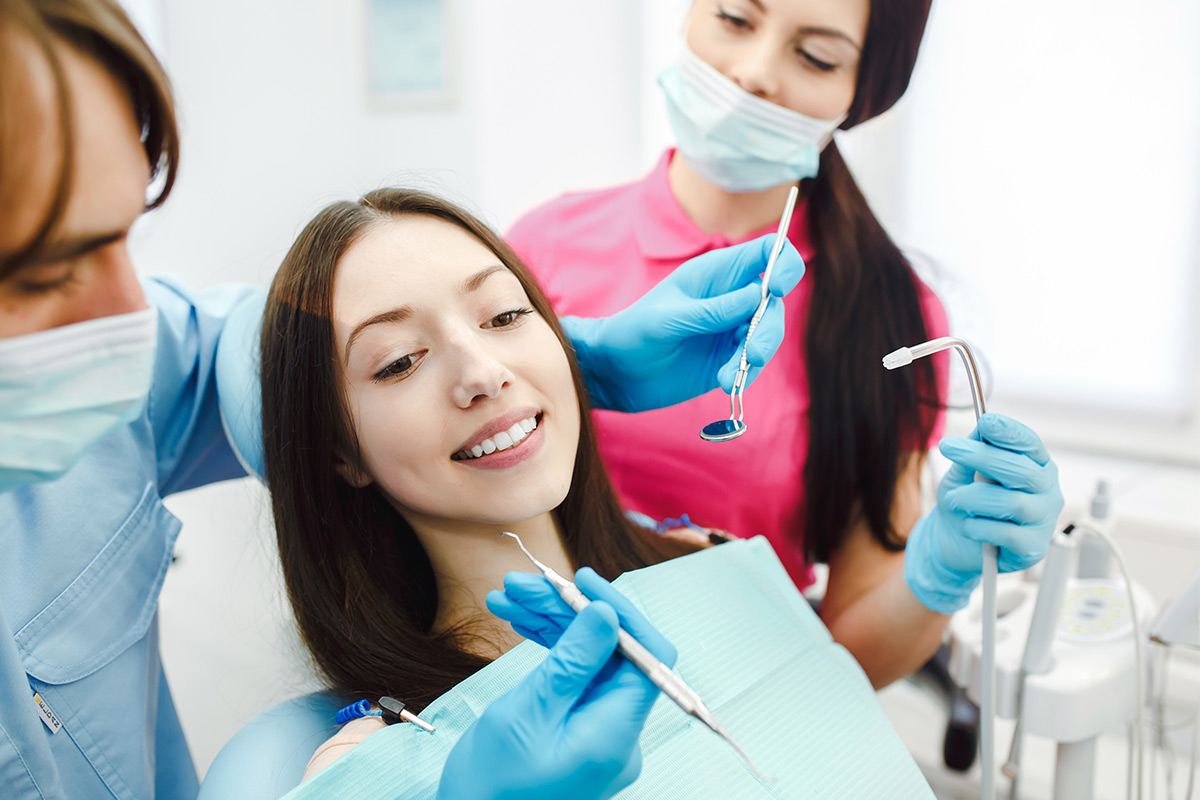
Once in a while, we experience hurting eyes, and in most cases, the pain diminishes on their own. However, some conditions may be so grave that an optometrist may be required to evaluate.
Hurting eyes can be so uncomfortable, especially at that time when you want to concentrate. Besides, the condition where you feel pain in your eyes is known as ophthalmalgia. Eye discomfort is typically instigated when an unwanted object enters your eye, dryness of the eyeball surface as well as medical conditions that probably affects your eyesight like headaches, among others.
When your eyes hurt, it usually prompts you to rub them from time to time; squinting and blinking is also part of the responses when your eyes hurt. In severe cases, it makes one close the eyes for some time to ease the pain.
Additionally, the eye is so delicate; made of various components which among them include the protective layer (cornea), conjunctiva, and the mucous membrane. The cornea plays the most crucial role in a way that it protects the component that offers you the vision. Besides, it covers the iris and the pupil, as well as the sclera, which is the white part. All these parts cannot function well if the eye is hurting.
 Here are reasons why you experience pain and discomfort in your eyes:
Here are reasons why you experience pain and discomfort in your eyes:
Allergic Conjunctivitis
Several people get affected by allergic reactions due to various allergy triggers including the common ones like pollen, dust, mites, mould, certain types of foods, especially proteins, insect stings and medications to mention a few. All these affect people, depending on their body reactions. Similarly, hurting eyes is also caused by allergic reactions or bacteria.
The conjunctiva is inflamed, causing its blood vessel to swell, resulting in itchiness, redness, and swelling at some point. Consequently, you may experience a burning sensation and dryness on your eyes; in the process, the whiter area of the eye turns red. This condition is also known as pinkeye.
Foreign Components
Attending to daily activities may expose your eyes to filth, and when any of them enters the eyes, which among several others include dust, they irritate the eyes and if not removed the inner part of the eye get bruised and they will ultimately hurt.
Eye discomfort is typically instigated when an unwanted object enters your eye, dryness of the eyeball surface as well as medical conditions that probably affects your eyesight like headaches, among others.

Glaucoma
This is one of the eye conditions that run in families whereby fluids build up in the eye mounting pressure on the eyeball, and the optic nerve in this case hurts. Glaucoma causes vision problems, and if not treated, you may completely lose your vision. Besides, the illness may not show symptoms, but in an advanced stage, you may experience intense eye pain, headache, nausea, vomiting, and threatened vision. If you experience such symptoms, get treated immediately to avoid long-term eyesight issues.
Corneal Abrasion
As the name suggests, this is a condition whereby a person scratches the cornea. A corneal abrasion is a collective experience, but even as demonstrated, scratching it is easy, but it hurts. If you are scratching the eye, specifically on the cornea, it could be this condition. Additionally, corneal abrasion usually heals by itself; however, it can be treated with antibiotics according to optometrist’s prescription.
Sty
A sty is a common condition caused by a bacterial infection, and most probably, you have experienced it at some point. When affected by a sty, you can quickly tell because you notice a bump or a swelling on the lip of the eyelid. Sty occurs as a result of inflamed or infected oil gland, follicles, and the eyelashes; the experts commonly call the eye condition a chalazion. What is more, a sty is painful, and the entire eye does hurt.
Last Thoughts
Your eyes may hurt due to many other reasons, including cluster headaches, which usually cause pain behind the eyes, watery, and redness. It is recommended that if your eyes hurt persistently, you should see an optometrist as some conditions like glaucoma can cause blindness if left untreated.













